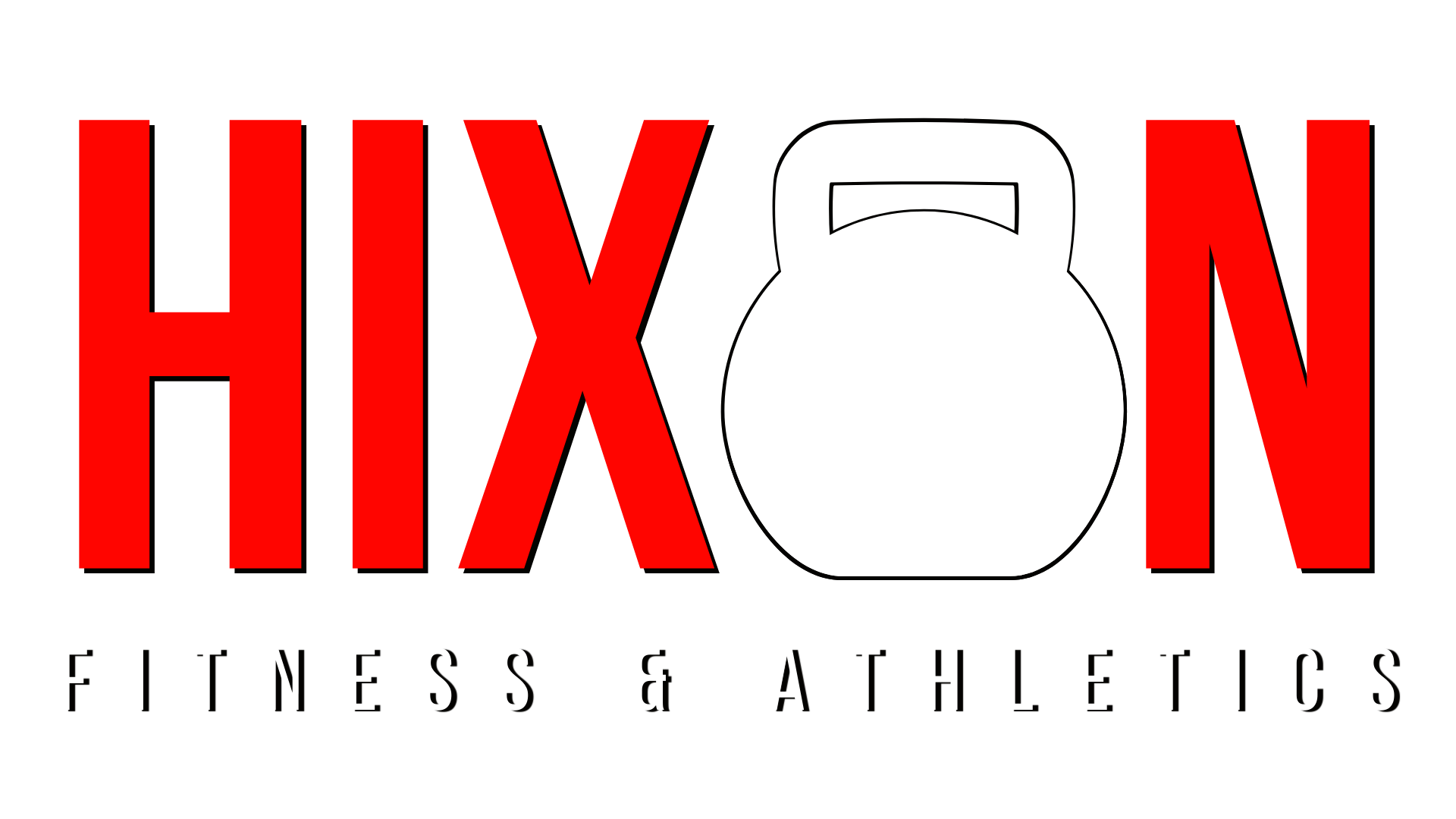Why Busy Professionals Should Focus on the Long Game
In today’s fast-paced, high-demand world, busy professionals are constantly bombarded with the “next best thing” in fitness, whether that’s ew gadgets, trendy routines, or extreme diets that promise rapid transformation. But here’s the truth: long-term success in fitness doesn’t come from perfect programs, it comes from consistent action.
Why Consistency Beats Optimization
Optimization implies perfecting every variable: the ideal workout split, precise nutrient timing, or the latest biohack. While that may work for elite athletes, most busy professionals benefit from consistent daily actions sustained over time. Much like compound interest, the benefits build increased value the longer the core actions are practiced.
A 2020 study published in The American Journal of Lifestyle Medicine found that participants who exercised moderately for 150 minutes per week, regardless of how "optimized" their workouts were, experienced a 31% lower risk of all-cause mortality compared to sedentary peers. The key variable? Consistency over time, not complexity.
The Pitfalls of Over-Optimization
Some of the pitfalls for working adults juggling careers, families, and personal responsibilities include:
Decision fatigue: Obsessing over minor details leads to burnout and indecision.
Inconsistency: Complex regimens often feel overwhelming, causing skipped sessions.
Discouragement: When “perfect” can’t be maintained, motivation drops.
In contrast, consistent, even imperfect, movement builds habits. And habits drive results.
The Compounding Effect of Consistency
Fitness is a compound investment. Just like in finance, small, regular deposits pay exponential dividends over time:
Muscle retention and strength: A 2021 Harvard Health study showed that 2-3 full-body strength sessions per week maintained muscle mass and functional strength, even in older adults.
Mental health: The CDC reports that regular physical activity can reduce symptoms of depression and anxiety by up to 30%, with consistent exercisers reporting higher productivity and better focus at work.
Metabolic health: According to the National Institute on Aging, consistent walking or moderate activity lowers the risk of type 2 diabetes by 40%, regardless of how “intense” the workouts are.
How This Plays Out in Real Life
Imagine a professional who trains 3 times a week for 45 minutes, prioritizing the core pillars of fitness and health: strength training, walking, and some mobility work. No bells, no whistles. Now compare that to someone who tries a six-day split, then burns out within three weeks. Who’s more likely to maintain health, energy, and vitality over the next 5 years?
Consistency wins every time.
Practical Takeaways
Start small: 2-3 workouts a week is enough to create momentum (progress over perfection).
Stick to the basics: Squats, pushups, rows, and walking go further than fancy tools. The Hixon Method prioritizes this type of simplicity.
Make it flexible: Have a “bare minimum” plan for busy weeks. Movement still counts.
Track streaks, not perfection: Aim to never miss twice, rather than aiming for daily perfection.
Final Thought:
As a busy professional, your time is your most valuable resource. The best fitness program is not the most “optimized” one, it’s the one you can stick to consistently, even on your worst day. When you show up regularly, your body, mind, and career all benefit, day after day, year after year. The Hixon Method aims to empower you to practice this type of consistent effort over an extended period of time.
Ready to finally stay consistent with your fitness?
Click below to learn how The Hixon Method is helping busy adults like you build real momentum; with structure, support, and results that last.



